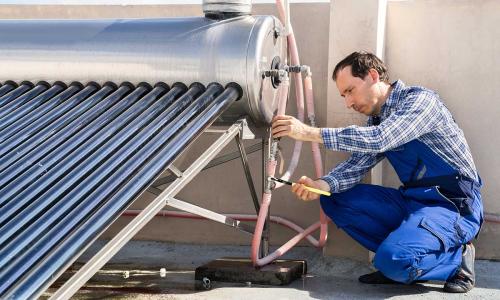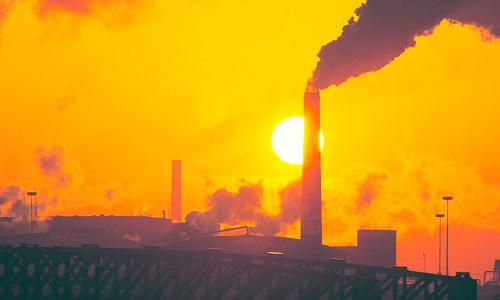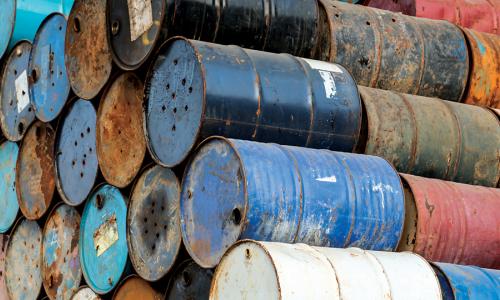All explainers
Explainer

What's in an Environmentally Responsible Building?
Improving energy efficiency (that is, getting more use out of the electricity we already generate) is an important strategy for reducing our dependence on fossil fuels.
Explainer

Solar Water Heating
Information and resources on solar water heating for the home and pool.
Explainer

How Does the Sun Affect Our Climate?
Learn how the sun affects our climate in this primer from the Union of Concerned Scientists.
Explainer

Why Does CO2 get more attention than other gases?
Climate change is primarily a problem of too much carbon dioxide in the atmosphere.
Explainer

The Ozone Hole and Global Warming
Information about the ozone hole and global warming. The ozone hole is not a mechanism of global warming, but both the ozone hole and global warming are caused by human activities.
Explainer

Who's Responsible for Nuclear Power Safety?
Who makes the decisions that affect nuclear safety? The NRC, Congress, state and local governments, and the nuclear industry...
Explainer

Carbon Pricing 101
When carbon emissions cost money, we produce less of them—but there's more to the story.
Explainer

The Planet’s Temperature is Rising
The Earth is quickly becoming hotter. How do we know?
Explainer

Better Food Policy for Kids
School lunch programs are helping kids eat healthier. Let's make these programs stronger.
Explainer

Biodiesel Basics
Biodiesel is a growing part of our fuel supply, but its potential as a solution depends on what it’s made from.
Explainer

How Does Missile Defense Work?
What if North Korea or Iran launched a nuclear missile aimed at the United States? Could we prevent it from arriving?
Explainer

Chemical Safety: An Urgent Need for Science-Based Protections
Our world is full of chemicals, and some of them are hazardous to our health or to the environment. We need smart, effective policies to help us minimize these risks--and that means policymakers need to listen to scientists, not industry lobbyists.